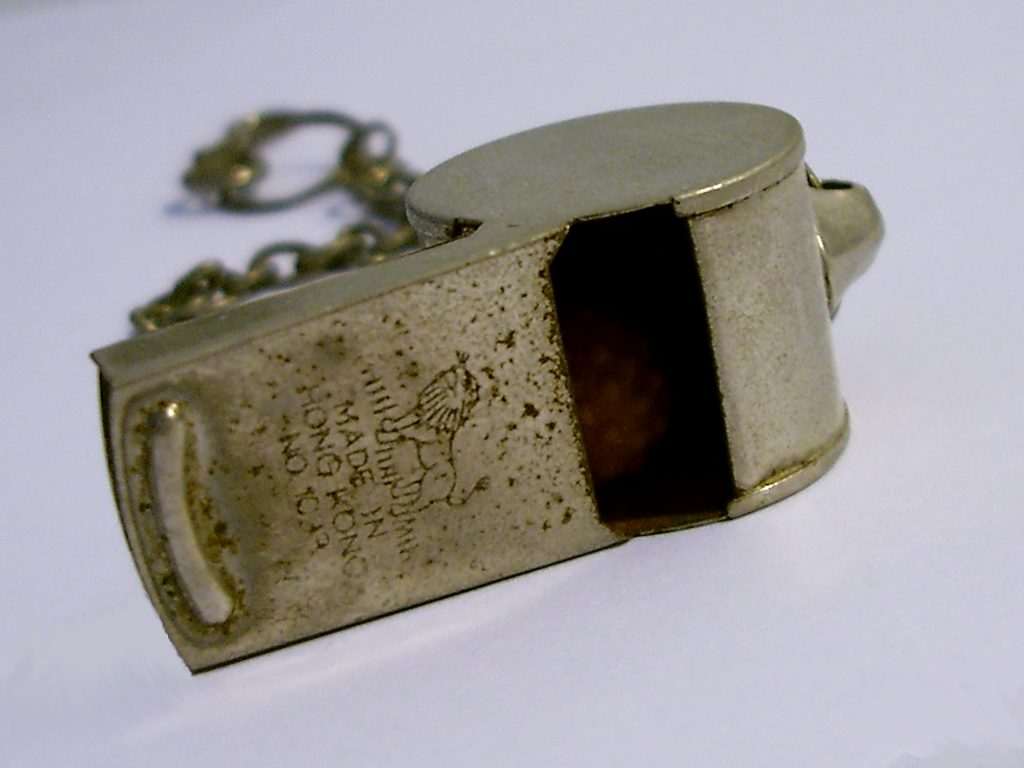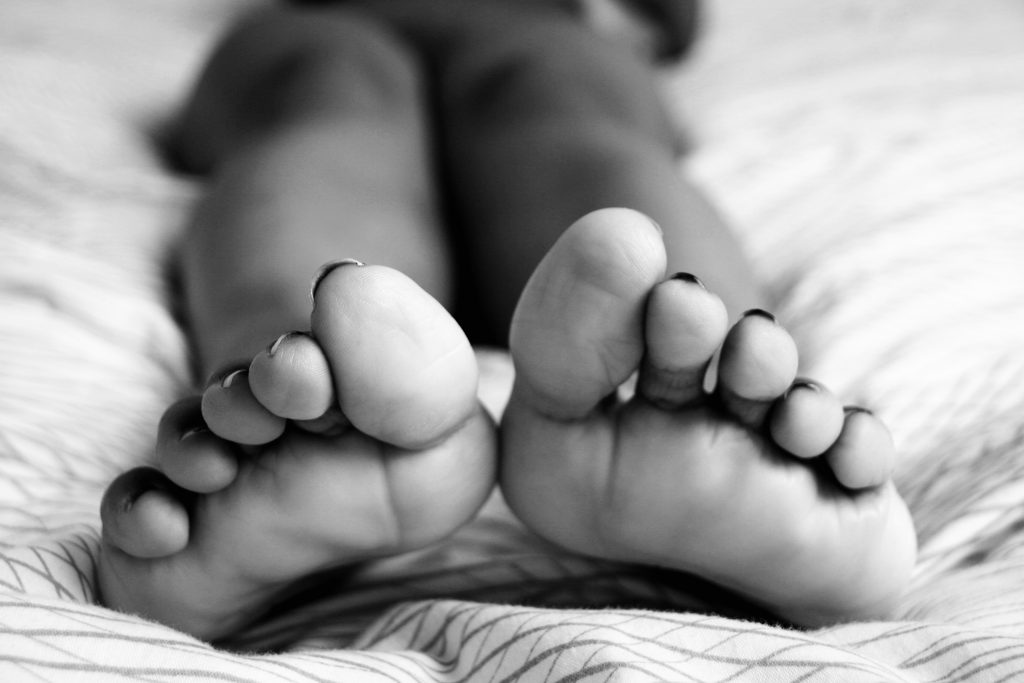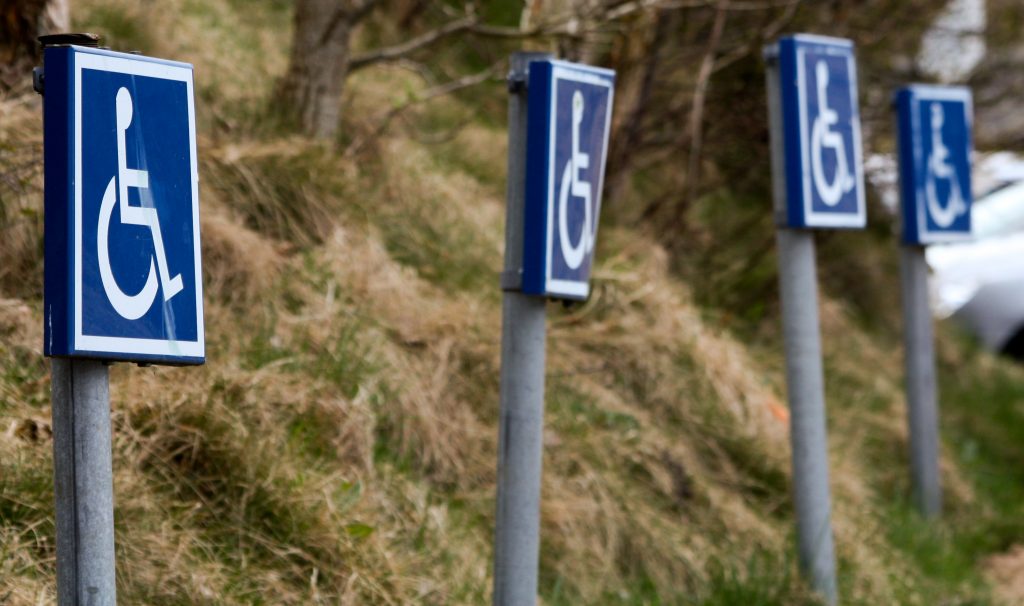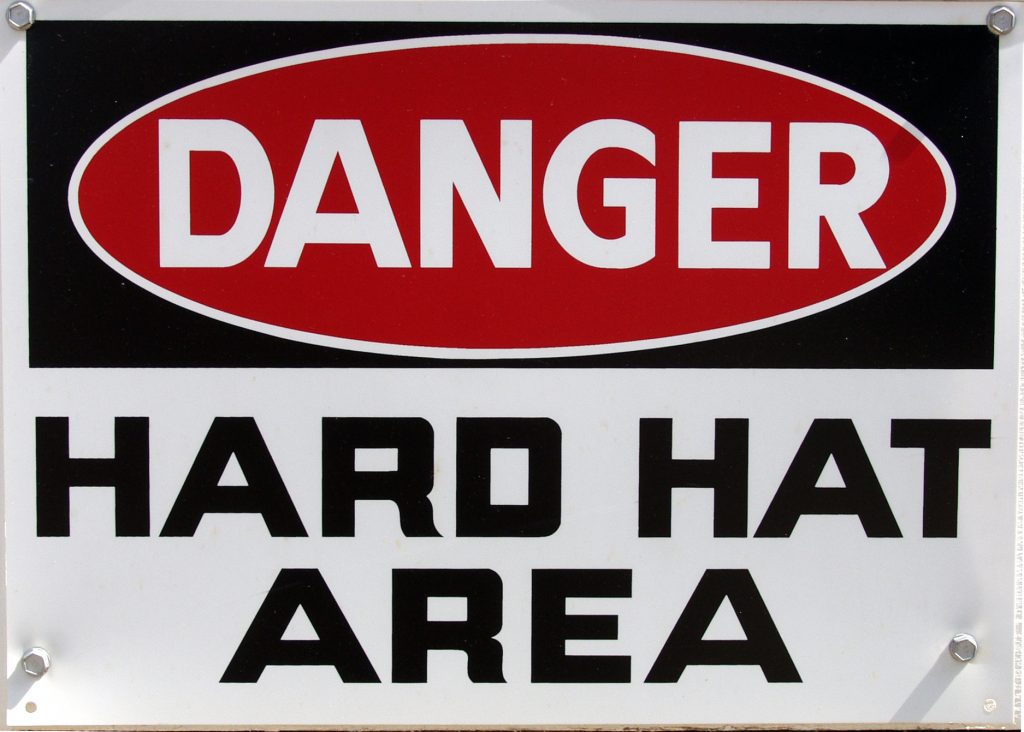 Whistleblowers play a controversial role in the United States. Without Mark Felt, also known as Deep Throat, the world would have never known about the corruptions in the Nixon Administration and without Edward Snowden, the world would have never known the extent of the NSA’s surveillance on both U.S. citizens and foreign individuals. Congress recognized the importance of whistleblowers when it passed the False Claims Act. The False Claims Act allows individuals to bring lawsuits (called a qui tam action) on behalf of the United States when an individual or entity defrauds the United States Government. See 31 U.S.C. § 3729 (2015). The purpose of the False Claims Act is to incentivize individuals to monitor and prevent fraud against the United States by enabling the individuals to get a portion of any damage award that the court gives.
Whistleblowers play a controversial role in the United States. Without Mark Felt, also known as Deep Throat, the world would have never known about the corruptions in the Nixon Administration and without Edward Snowden, the world would have never known the extent of the NSA’s surveillance on both U.S. citizens and foreign individuals. Congress recognized the importance of whistleblowers when it passed the False Claims Act. The False Claims Act allows individuals to bring lawsuits (called a qui tam action) on behalf of the United States when an individual or entity defrauds the United States Government. See 31 U.S.C. § 3729 (2015). The purpose of the False Claims Act is to incentivize individuals to monitor and prevent fraud against the United States by enabling the individuals to get a portion of any damage award that the court gives.
Gregory D. Guth brought a qui tam action against a law firm (RP) arising from the firm’s representation of Louisiana State University (“LSU”) in an expropriation proceeding against him. An expropriation proceeding is an action by a governmental authority where the governmental authority takes property from its owner for public use or benefit.
This case arose after Hurricane Katrina. The U.S. Department of Housing and Urban Development made federal funds available to the City of New Orleans (“the City”) in the form of Community Development Block Grants. The City set aside a portion of the block grants to build a medical center for the U.S. Department of Veteran’s Affairs and a teaching hospital for LSU. The City and the State of Louisiana entered an agreement assigning LSU the power and funds to acquire or expropriate property for the medical facilities. LSU then hired RP to acquire the necessary property.
 Louisiana Personal Injury Lawyer Blog
Louisiana Personal Injury Lawyer Blog


 As if having car troubles was not bad enough, imagine also losing your toe in the process. Well, that exact scenario happened to Valerie Babin. After her vehicle broke down in Gonzales, Louisiana, Ms. Babin called American Towing Enterprises to tow her vehicle. An American Towing Enterprises’s employee, Floyd Russo, arrived to help Ms. Babin. At this point, Ms. Babin’s day went from bad to worse. As Mr. Russo partially loaded the vehicle onto the truck’s flatbed, Ms. Babin went to turn off her vehicle’s emergency flashers. At the same time, Mr. Russo lowered the truck bed, which landed on Ms. Babin’s foot, crushing her big toe. Despite attempts to save her big toe, Ms. Babin eventually required surgery to remove it.
As if having car troubles was not bad enough, imagine also losing your toe in the process. Well, that exact scenario happened to Valerie Babin. After her vehicle broke down in Gonzales, Louisiana, Ms. Babin called American Towing Enterprises to tow her vehicle. An American Towing Enterprises’s employee, Floyd Russo, arrived to help Ms. Babin. At this point, Ms. Babin’s day went from bad to worse. As Mr. Russo partially loaded the vehicle onto the truck’s flatbed, Ms. Babin went to turn off her vehicle’s emergency flashers. At the same time, Mr. Russo lowered the truck bed, which landed on Ms. Babin’s foot, crushing her big toe. Despite attempts to save her big toe, Ms. Babin eventually required surgery to remove it. Is it cruel and unusual punishment for a prison to not provide an extra pillow and mattress to an injured prisoner?
Is it cruel and unusual punishment for a prison to not provide an extra pillow and mattress to an injured prisoner? Decisiveness can be an excellent quality, especially in a judge. Court dockets are usually quite full and it can take a very long time for cases to be resolved. Whenever there is a confusion over which law to apply, however, patience is the greater virtue. In a lawsuit, lawyers will often request relief under various laws in hopes that one will bring success. In a recent case out of Venice, Louisiana, the Louisiana Fourth Circuit Court of Appeal reminded an Office of Workers’ Compensation Judge (“WCJ”) just how important patience is when issuing an order in a case with competing theories of recovery.
Decisiveness can be an excellent quality, especially in a judge. Court dockets are usually quite full and it can take a very long time for cases to be resolved. Whenever there is a confusion over which law to apply, however, patience is the greater virtue. In a lawsuit, lawyers will often request relief under various laws in hopes that one will bring success. In a recent case out of Venice, Louisiana, the Louisiana Fourth Circuit Court of Appeal reminded an Office of Workers’ Compensation Judge (“WCJ”) just how important patience is when issuing an order in a case with competing theories of recovery.  Accidents in the workplace can rob one of the ability to work or even do simple daily tasks. The system of workers’ compensation exists to ensure that injured workers are compensated for their injuries. However, certain rules exist to ensure money is distributed efficiently. In a recent case out of Opelousas, the Louisiana Third Circuit Court of Appeal confronted the rules governing permanent or temporary disability status.
Accidents in the workplace can rob one of the ability to work or even do simple daily tasks. The system of workers’ compensation exists to ensure that injured workers are compensated for their injuries. However, certain rules exist to ensure money is distributed efficiently. In a recent case out of Opelousas, the Louisiana Third Circuit Court of Appeal confronted the rules governing permanent or temporary disability status.  Desiring to be friendly, you may allow your neighbors to use a portion of your land in order to make their lives a little easier. You allow your neighbors to continue to use your land for some time, but now you want privacy on your property. At this point you would most likely ask your neighbor to stop using your land, but what do you do when they refuse? What do you do when your new neighbor claims ownership of the portion of land that you allowed them to use? Defending ownership rights against presumptuous neighbors was a recent issue in a case out of St. Landry Parish.
Desiring to be friendly, you may allow your neighbors to use a portion of your land in order to make their lives a little easier. You allow your neighbors to continue to use your land for some time, but now you want privacy on your property. At this point you would most likely ask your neighbor to stop using your land, but what do you do when they refuse? What do you do when your new neighbor claims ownership of the portion of land that you allowed them to use? Defending ownership rights against presumptuous neighbors was a recent issue in a case out of St. Landry Parish.  Contractual relationships can advance or dissolve as time passes, often turning sour when promises are not kept. One or both parties may attempt to break the relationship but the underlying contract is not so easily terminated. As a result, the parties may find themselves in a court battle over seemingly small details. In this recent Louisiana case before the United States Fifth Circuit Court of Appeal, the presumably costly break-up came down to one little word.
Contractual relationships can advance or dissolve as time passes, often turning sour when promises are not kept. One or both parties may attempt to break the relationship but the underlying contract is not so easily terminated. As a result, the parties may find themselves in a court battle over seemingly small details. In this recent Louisiana case before the United States Fifth Circuit Court of Appeal, the presumably costly break-up came down to one little word.  Getting seriously injured on the job is always a terrible experience, but what if it is unclear for purposes of a lawsuit who you even work for? You know that someone owes you compensation for your injuries, but in this recent case out of Natchitoches Parish that “someone” may not be where your employment application was filed.
Getting seriously injured on the job is always a terrible experience, but what if it is unclear for purposes of a lawsuit who you even work for? You know that someone owes you compensation for your injuries, but in this recent case out of Natchitoches Parish that “someone” may not be where your employment application was filed.  What if you are injured, hire a lawyer, and that lawyer fails to sufficiently work on your case? Outrage ensues and you may choose to fire that lawyer and hire a second. But is that first lawyer entitled to payment if you happen to win and receive an award in your case? In a recent Louisiana case, the Fifth Circuit Court of Appeals decided that the answer can be in the affirmative.
What if you are injured, hire a lawyer, and that lawyer fails to sufficiently work on your case? Outrage ensues and you may choose to fire that lawyer and hire a second. But is that first lawyer entitled to payment if you happen to win and receive an award in your case? In a recent Louisiana case, the Fifth Circuit Court of Appeals decided that the answer can be in the affirmative.  It is not uncommon for a victorious party in a lawsuit to seek attorneys’ fees upon their win. There is no guarantee however the judge will agree an award of attorneys’’ fees are warranted. In some cases filed in state court, the defendant can remove the case be heard in federal court. If the federal court lacks jurisdiction, however, the case will be sent back to state court. Whether the attorneys’ fees associated with the removal process can be recouped by the winning party is the subject of a recent lawsuit out of New Orleans.
It is not uncommon for a victorious party in a lawsuit to seek attorneys’ fees upon their win. There is no guarantee however the judge will agree an award of attorneys’’ fees are warranted. In some cases filed in state court, the defendant can remove the case be heard in federal court. If the federal court lacks jurisdiction, however, the case will be sent back to state court. Whether the attorneys’ fees associated with the removal process can be recouped by the winning party is the subject of a recent lawsuit out of New Orleans.